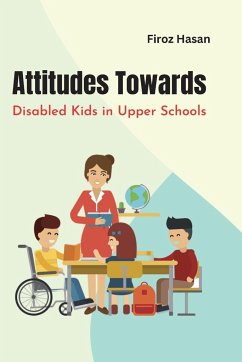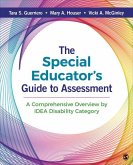Attitudes towards disabled kids in upper schools can vary widely depending on a variety of factors, including the culture and values of the school, the attitudes and beliefs of individual teachers and students, and the resources available to support disabled students.In some upper schools, disabled kids may face discrimination or stigma due to negative stereotypes or misunderstandings about their disabilities. This can lead to social isolation, bullying, and lower academic achievement. However, in other schools, disabled kids may be embraced and celebrated for their unique strengths and perspectives.To create a positive and inclusive environment for disabled kids in upper schools, it is important to promote education and awareness about different disabilities, as well as to provide appropriate resources and accommodations to support disabled students. This can include specialized instruction, assistive technology, and accommodations such as extra time for tests or assignments.Ultimately, attitudes towards disabled kids in upper schools should be characterized by respect, empathy, and a commitment to providing equal opportunities for all students, regardless of their abilities.
Hinweis: Dieser Artikel kann nur an eine deutsche Lieferadresse ausgeliefert werden.
Hinweis: Dieser Artikel kann nur an eine deutsche Lieferadresse ausgeliefert werden.







